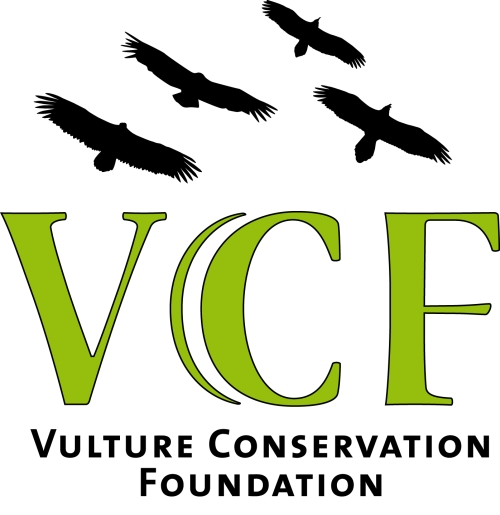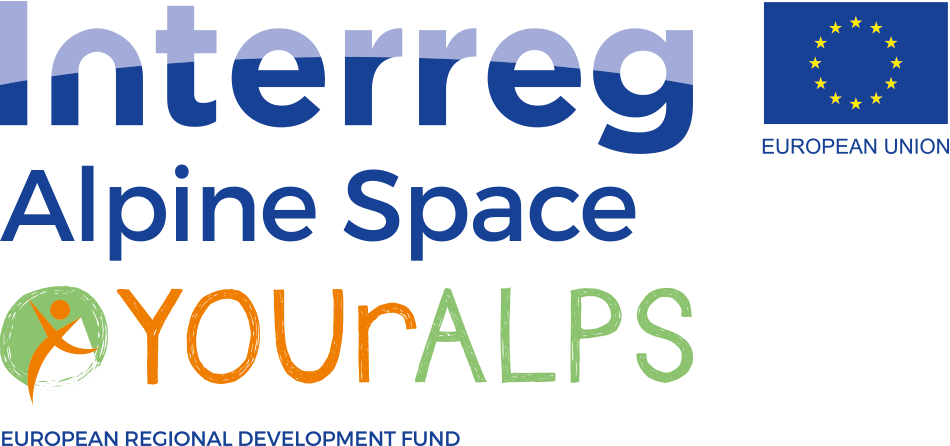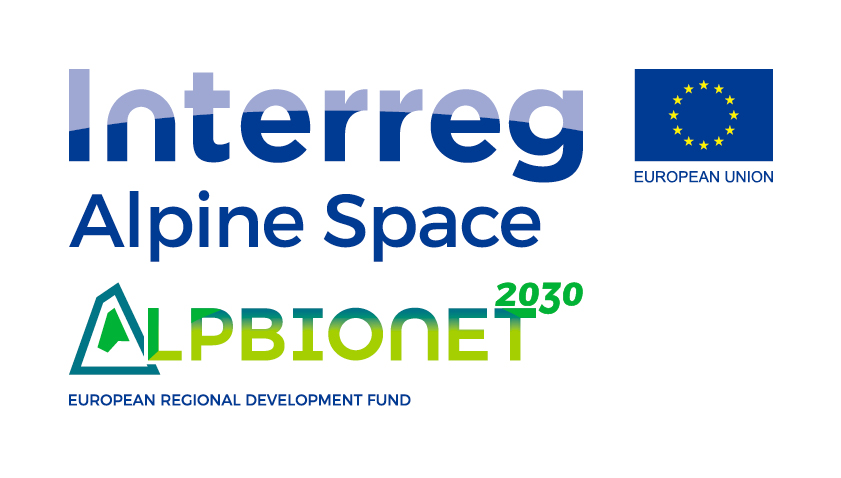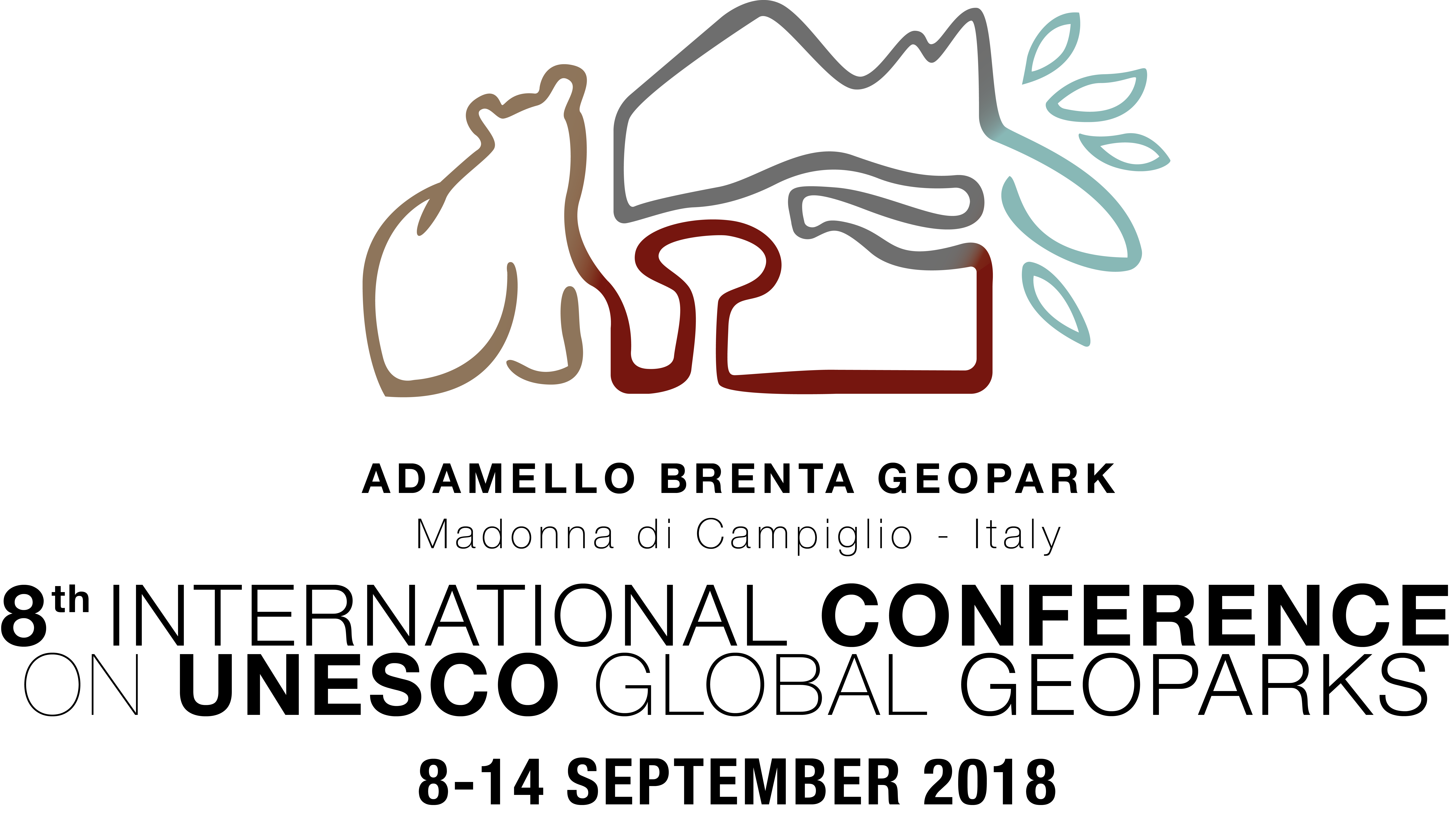Cultural Heritage as an Engine for Creativity, Innovation and Socioeconomic Development of Mountain areas
The Convention will focus on the tangible and intangible cultural heritage in mountain areas and on how this strategic resource, inherited from the past, can be a key asset for developing sustainable and attractive mountain areas in the future. It will enhance the role of European mountain areas, their communities and their cultural heritage in addressing the challenges of the future, disclosing larger perspectives and creating new opportunities.
The International Observation Day (IOD) for bearded vultures have started in 2006 and consist in a one-day simultaneous count of bearded vultures across the whole Alpine arc, organised by the International Bearded Vulture Monitoring network (IBM), which is coordinated by the VCF. Since 2012, bearded vultures are also counted in the Massif Central in France, in Aude in the French Pyrenes and since 2017 the IOD have also expanded to Andalusia, Spain.
This year´s count is on the 6th October 2018.All over the Alps, the Massif Central, the department Aude and Andalusia, people will spend the day in the mountain and keep an eye on the bearded vultures and count them.
This count allows for a thorough monitoring of the bearded vulture population status and distribution in the Alps. Furthermore, the count produces many sightings of identifiable birds, thus generating baseline data for survival analyses and demographic modelling. Besides the valuable information about the dynamics of the reintroduced population, the IODs also play an important role in creating public awareness for the project.
This event has become an important date for ornithologist and bird-watchers, who are fascinated by this large bird species. The number of volunteer observers has been growing every year: last year over 920 participants logged in almost 530 bearded vulture observations.Crossing the observation data with expert knowledge about the presence of territorial and tagged birds, last year the bearded vulture population size in the Alps has been estimated to be between 208 and 251 birds. For the Massif Central 6 birds have been counted, 5 in Aude and between 22 and 33 in Andalusia. Among the observed birds last year 12% were identified as juveniles, 15% as immature, 4% as subadult and 59% as adult birds. Furthermore, it was possible to identify individually 70 bearded vultures, thus providing us valuable information on their life history.
If you are interested in participating in the International Observation Day, please contact the regional coordinators below or the International Bearded Vulture Monitoring network (IBM) for any other question:
Austria - ferdinand.lainer@salzburg.gv.at
France – Haute-Savoie: etienne.marle@asters.asso.fr
France - Mercantour: monique.perfus@mercantour-parcnational.fr
France – Vanoise: jerome.cavailhes@vanoise-parcnational.fr
France - Écrins: christian.couloumy@gmail.com
France - Grands Causses: lea.giraud@lpo.fr
France - Vercors: benoit.betton@pnr-vercors.fr
France - Les Baronnies: gypaete@vautoursenbaronnies.com
France – Aude: yves.roullaud.aude@lpo.fr
Italy - Stelvio: enrico.bassi76@gmail.com
Italy - Aosta: c.chioso@regione.vda.it
Italy - Alpi Marittime: fabiano.sartirana@parcoalpimarittime.it
Spain – Andalusia: prodriguez@gypaetus.org
Switzerland: franziska.loercher@swild.ch
The IBM is partially funded by their partners, and by funding contributions from the EU LIFE Fund through the LIFE GypConnect and LIFE GypHelp, as well as the MAVA foundation.


The summer tourist season is almost over, and it has again brought many people from Europe and elsewhere to the Alps and their protected areas. Their nature experience has without doubt not been the same for everyone: some might have experienced overcrowded places and traffic, whereas others have found energizing calm and wilderness. The management of tourism and visitor flows, but also the development of more sustainable ways of tourism in the Alps, is at the heart of many of the activities of protected area managements today. Their aim is to find a balance between tourism activity (also for sustaining the regional economy) and nature protection, definitely not an easy task as it is also a question of regional governance.
Since the beginning of the year, in the frame of the Destination Parks project, ALPARC has been working on a joint position of parks and protected areas with regard to tourism - a common vision of a concrete and communicable “protected area tourism” for the Alps. After a review of existing work and material on nature-based and protected area tourism, ALPARC is now organizing a set of local events that should help enhance and clarify the vision and future objectives of ALPARC on this topic. A first workshop will take place on October 8th and 9th in the Queyras Regional Nature Park (France). Before the end of the year, ALPARC will organize further events in Austria (November) and Switzerland (December) as well as a panel of experts who will help to develop the vision from a broader viewpoint.
ALPARC is carrying out the Destination Parks project with the support of the Swiss Federal Office for the Environment (CH).
Last July 2018 two new areas were recognised as UNESCO Biosphere Reserves in Italy: the Valle Camonica – Alto Sebino Biosphere Reserve and the Ticino, Val Grande Verbano Biosphere Reserve, which has been extended. This is an important step towards the promotion of solutions reconciling the conservation of biodiversity with its sustainable use.
The Valle Camonica – Alto Sebino Biosphere Reserve is located in Lombardy and includes also some territory of the Parco dell’ Adamello. The area is characterized by typical Alpine and pre-Alpine valleys, ranging from valley bottom landscapes to the highest peaks of Europe and the Adamello Glacier, and ending in Lake Iseo, one of Italy’s largest basins.
The Val Ticino Biosphere was created in 2002. Last July it was extended to include the Val Grande Verbano area. The area is located in the north of Italy, at the meeting point of the culturally rich regions of Lombardy and Piedmont. The enlarged Biosphere also includes territories of the Val Grande National Park, areas close to Lake Maggiore and its municipalities as far as the Swiss border. The reserve functions as an important ecological corridor within the urbanized and industrialized Po plain.
The main role of the UNESCO Biosphere reserves is to harmonize conservation of biological and cultural diversity and economic and social development through partnerships between people and nature. In general, the UNESCO Biosphere reserves play a key role in the transition to green development, in particular for sustainable tourism.
For further information: http://www.parcovalgrande.it/novdettaglio.php?id=49123
http://www.unesco.org/new/en/natural-sciences/environment/ecological-sciences/biosphere-reserves/
http://www.unesco.org/new/en/natural-sciences/environment/ecological-sciences/biosphere-reserves/
Mountain-oriented education plays a key role to instil in young generation the sensibility and the knowledge of Alpine cultural and natural heritage. A stronger coordination between formal and non- formal education represents therefore a big potential for sustainable valorisation in the Alps. During more than one year, the YOUrALPS project partners worked in this sense: developing a framework for Mountain- oriented education being grounded on local experience.
In this context, research involving educators, young beneficiaries and other key stakeholder have been undertaken to give supports to diverse needs of the multiple actors in education in the Alps. The main results and conclusions of the survey and comparative analysis are now available in a comprehensive report “Comparative report on Mountain oriented education”. The report consists of three main sections, including a collection of best practices in the Alps, an extensive overview on political strategies and an outline on implementation approaches and related challenges. The report has been coordinated by the Institute of Geography, Innsbruck University.
Furthermore, in order to improve the coordination between formal and non-formal education in the Alps the multilingual web platform ouralps.org has been developed. It is available online in German, French, Italian, Slovenian and English. Ouralps.org is the portal of the OurAlps network whose aim is to promote Mountain-oriented education, connect stakeholder throughout the Alps and provide tools and supports for education and mountain professionals as well as young people. The network and the portal have been developed under the coordination of Educ’Alpes.
ALPARC is lead partner for YOUrALPS and responsible for technical and financial management and the coordination of project partners’ activities. Moreover, the network is responsible for the project’s communication activities.
YOUrALPS is an Interreg Alpine Space project and lasts from November 2016 to October 2019. It is co-financed by the European Regional Development Fund through the Interreg Alpine Space programme.
For further information about the project, please visit the YOUrALPS website

The Conference "Make Climate Visions Become Reality" will take place on 7th and 8th November 2018 in Innsbruck/A. It is organised jointly by Alliance in the Alps, Alpine Town of the Year and CIPRA International.
It is a unique opportunity for actors at local level from all over the Alps to engage together in climate action. In this occasion, will be lauched the “Alpine Partnership for Local Climate Action” .
For further information please visit: https://alpenallianz.org/en/events/conference-make-climate-visions-become-reality
Identifying the Strategic Alpine Connectivity Areas (SACA) and proposing some concrete actions to safeguard their role for an Alpine ecological network – that is one of the main challenges facing the ALPBIONET2030 project. During the project Mid-term Conference that took place on 2nd and 3rd July 2018 in the Berchtesgaden Project Working Region (PWR), first results of the mapping of these areas were presented to the interested audience (online access to GIS tool Jecami https://2030.jecami.eu/viewer/saca/). An excursion in the region offered the opportunity to get an idea of what different types of SACA could look like – and how to conserve or improve their functionality regarding ecological connectivity. Knowing what to do and where to implement the actions is a crucial step for preserving ecological connectivity in an Alpine context – but the support of local stakeholders and the local population is also a determining success factor for all activities. Different communication tools developed by the project partners make it possible for a wider public to familiarize themselves with the topic and get a feeling of the importance of inter-connected habitats: a picture quiz illustrating ecological connectivity in a landscape context (https://qz.app.do/ecological-connectivity), exciting online games (https://2030.jecami.eu/) or a short video introducing some features of the project.
ALPBIONET2030 is an Interreg Alpine Space project and lasts from November 2016 to October 2019. It is co-financed by the European Regional Development Fund through the Interreg Alpine Space programme.
For further information about the project, please visit the ALPBIONET2030 website

The 2nd EUSALP Annual Forum will take place on 20 and 21 November 2018 in the heart of the Alps at the Congress Innsbruck. The event, jointly organised by the Tyrolean EUSALP Presidency and the European Commission Directorate-General for Regional and Urban Policy, will address the motto "shaping.future.together. with the next generation".
For further information and registrations please visit the page: https://www.alpine-region.eu/news/registration-2nd-annual-forum-eu-strategy-alpine-region-open
The European Commission, together with the actual President of the EU Strategy for the Alpine Region (EUSALP), the Tyrol, invite young people aged from 16 to 25 years to take part in the youth competition “Your Alps! Your Future! Your Idea” with a project idea that conceives the Alps as a modern, attractive and sustainable living space.
Five project ideas will be selected and then presented in the form of a pitch to the EU decision-makers during the EUSALP 2nd Annual Forum “shaping.future.together. with the next generation”. The three best projects selected by the audience will receive a financial support for their implementation.
Applications are open until October 31st. For more details, go to the website: https://www.alpine-region.eu/pitch-your-project-annual-forum-2018
Alliance dans les Alpes France organise un voyage d'etude sur la thématique " Quelles transitions pour nos territoires alpins? " du 12 au 14 Septembre 2018 de Guillestre (Hautes-Alpes) à Ostana (Italie). Ce sera l'occasion de s'interronger et échanger sur les diverses transitions (écologique, économique, sociale et sociétale) qui prennent place dans les territoires alpins. Les réflexions prendront une dimension européenne et s’appuieront sur les possibilités offertes par l’Europe pour les territoires alpins. Une partie du voyage se déroulera dans le village italien d’Ostana qui est devenu un exemple en matière de transitions.
Pour plus de reinsegnements et inscriptions cliquer ici
La France des grans lacs - des réservatoirs de la biodiversité : Après le lac d'Annecy en 2012, le lac de Sainte-Croix du Verdon en 2014, les lacs de la Forêt d'Orient accueillent le 3e colloque du Conservatoire du littoral.
The 8th International Conference on UNESCO Global Geoparks "Geoparks and sustainable development " will take place at the Adamello Brenta UNESCO Global Geopark, Trentino Province, Italy, from the 11th to the 14th September 2018.The Conference will be held at the Palacampiglio Conference Centre in Madonna di Campiglio at the heart of the Geopark.
It will be an unique opportunity for all participants to share their experiences, networking and exchange innovative and best local practices.
Beside the Conference sessions, thematic workshops will be organised in collaboration with the relevant GGN Working groups. As usual, in the course of the Conference, one day is dedicated to the mid-conference field trip: participants can choose one of six available options to become familiar with the specific geological, natural and cultural characteristics of the Adamello Brenta UNESCO Global Geopark.
For further information, the programme and the registration form please visit : www.campigliodolomiti.it/ggn2018
